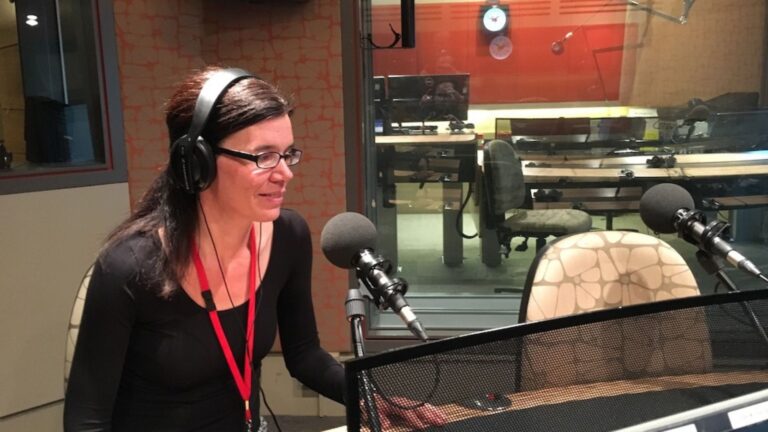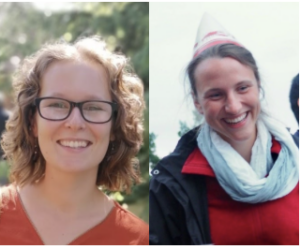Professor Christine Wamsler’s research includes the role of mindset in tackling sustainability issues, and how individuals and cities can better respond to challenges of the climate crisis. We spoke to her about scales of sustainability, questioned whether the SDGs are integrated enough, and explored the role of education and communication strategies on sustainability.
You investigate different scales for achieving sustainable outcomes, from individual outcomes to global outcomes. How do these scales relate to each other? Can one work without the other?
In order to achieve sustainable change, it is crucial to work on all spheres and levels of transformation at the same time: the personal (or inner), the social/collective, and the political. The vast majority of sustainability scholarship, education and practice has only focused on the external world: ecosystems, wider socioeconomic structures, technology and governance dynamics. At the same time, a second aspect of reality has been vastly neglected: people’s inner dimensions and capacities. This is a major shortcoming in current approaches. Therefore, there is a clear need to also look at sustainability from the ‘other end’, and by this, I mean not only the large scale systems level, but also from the individual level. So in simple terms, it’s about how we can unleash human potential to commit to, care for, and effect change for a better life.*
Do you think making separate SDGs gives a false impression of how we can achieve sustainable development?
The Goals are certainly interconnected and require an integrated approach that focuses on the root causes of the problems. Nevertheless, activities can have different entry points which can be related to specific Goals.
In your research you describe education as having a dual role in sustainable development, can you expand on this dual role?
Education is both a means and an end. Since the sustainable development discourse began, calls have been made for it to be used (as a means) to achieve sustainable development goals. Its potential to raise awareness of problems and to promote the skills, capacities, and motivation needed to address these problems makes it an obvious choice and approach to address any SDG. As an end, education is classically seen as a process that reveals the potential and talents of human beings in the pursuit of a good life and for the betterment of the common good. Ensuring that human beings have the opportunity to embark on this journey can be considered an SDG in its own right.
Lastly, how would you recommend these issues be translated into better communication strategies surrounding the complexity of the SDGs?
The first thing I would say is that we should stop addressing and communicating sustainability challenges, such as climate change, as purely environmental or technological problems. Rather, we have to see them as a relationship problem, which is intrinsically linked to other societal crises, such as health, food, or poverty and, their root causes, such as consumerism, racism, and elitism. By its very nature, this view broadens our scope, and supports deeper approaches to communicate and address the issues.
*Part of this answer was originally stated for the Inner Green Deal podcast, available here.


